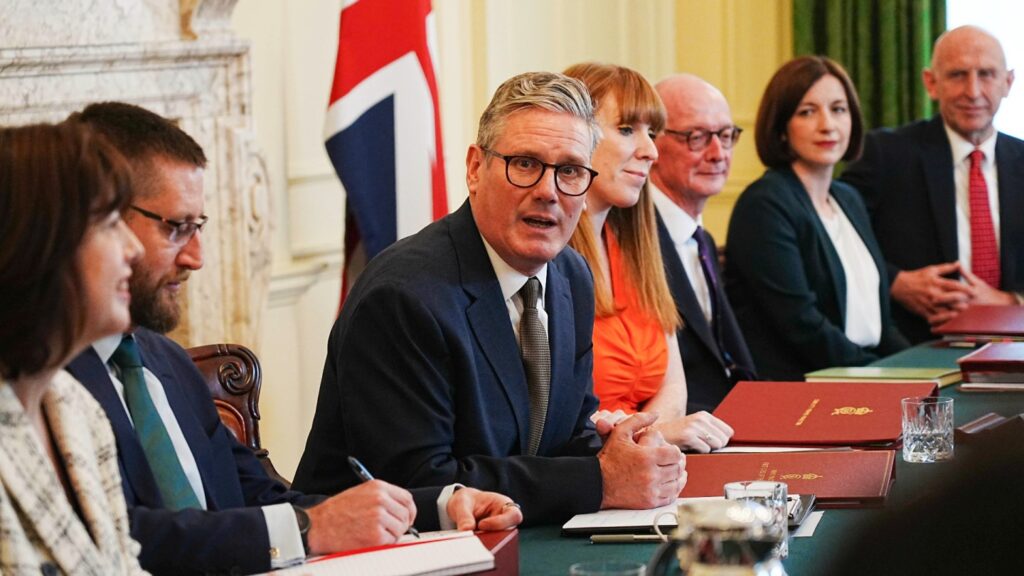The U.K. government of Prime Minister and Labour Party leader Keir Starmer said on Tuesday that it will make “creating sexually explicit deepfake images a criminal offense” as it cracks down on “vile online abuse.”
“The proliferation of these hyper-realistic images has grown at an alarming rate, causing devastating harm to victims, particularly women and girls who are often the target,” it highlighted. “To tackle this, the government will introduce a new offense meaning perpetrators could be charged for both creating and sharing these images, not only marking a crackdown on this abhorrent behavior but making it clear there is no excuse for creating a sexually explicit deepfake of someone without their consent.”
The new sexually explicit deepfakes offenses, which will be included in the government’s Crime and Policing Bill, will apply to “images,” a word that in British law not only covers photos but also videos or films, of adults because existing law already “covers this behavior where the image is of a child, under the age of 18.”
The U.K. government also unveiled plans to update existing law so that perpetrators will face up to two years behind bars “under new offenses for taking an intimate image without consent and installing equipment to enable these offenses.”
Said U.K. Victims Minister Alex Davies-Jones: “It is unacceptable that one in three women have been victims of online abuse. This demeaning and disgusting form of chauvinism must not become normalized.”
Starmer’s government has made technological change a focus as of late, recently also launching a consultation on “plans to give certainty to the creative industries and AI developers on how copyright material can be used to train AI models.” Running until Feb. 25, its goal is helping to “drive growth across both sectors by ensuring protection and payment for rights holders and supporting AI developers to innovate responsibly.”
Davies-Jones said that the proposed updates will “give law enforcement a holistic package of offenses to effectively tackle non-consensual intimate image abuse.”
For example, “while it is already an offense to share – or threaten to share – an intimate image without consent, it is only an offense to take an image without consent in certain circumstances, such as upskirting. Under the new offenses, anyone who takes an intimate image without consent faces up to two years’ custody. Those who install equipment so that they, or someone else, can take intimate images without consent also face up to two years behind bars.”
Concluded U.K. Technology Minister Maggie Jones: “The rise of intimate image abuse is a horrifying trend that exploits victims and perpetuates a toxic online culture. These acts are not just cowardly, they are deeply damaging, particularly for women and girls who are disproportionately targeted. With these new measures, we’re sending an unequivocal message: creating or sharing these vile images is not only unacceptable but criminal. Tech companies need to step up too – platforms hosting this content will face tougher scrutiny and significant penalties.”.
Read the full article here


